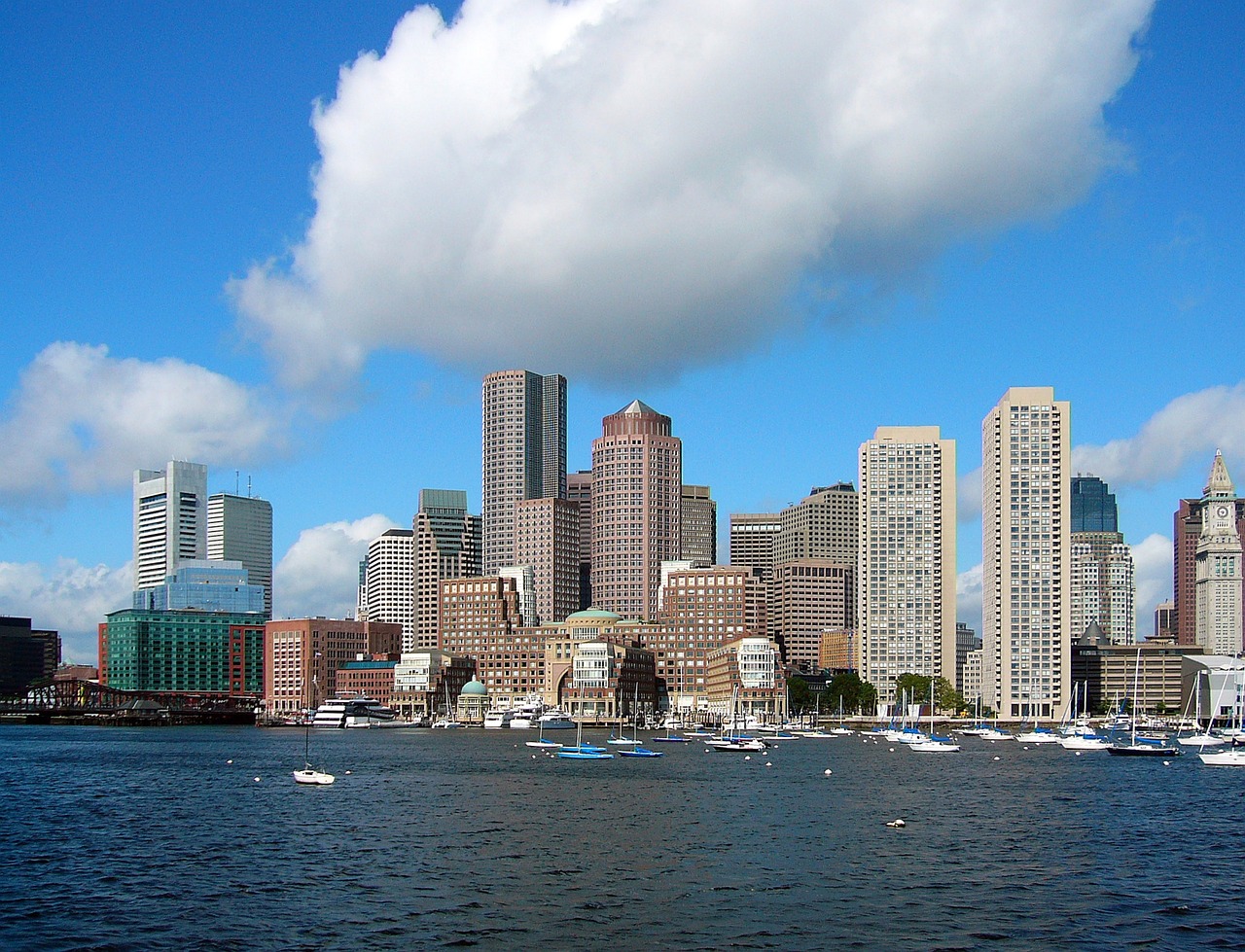Lendlease and its partner Aware Super, a superannuation fund, say the global real estate company’s multifamily portfolio in Boston and Chicago has been verified as “net zero carbon.”
New projects in New York City and Los Angeles are on track to achieve the same goal as construction gets underway. The company achieved net zero through a combination of efficient design to reduce electric usage by making systems operate more efficiently and through the purchase of carbon offsets.
The company reduces resident emissions by focusing on efficient space heating, air conditioning and ventilation, water heating, cooking, water use and treatment, and waste treatment, including building amenities. “We only use carbon offsets for the residual emissions that we cannot avoid,” according to a Lendlease news release.
“Carbon offsets purchased are U.S.-based renewable energy from wind power with social outcomes as a co-benefit,” the release says. “The offset project supports sustainability education and is linked to research and skills training programs aimed at supporting green jobs.”
Lendlease is targeting absolute zero carbon across its global enterprise by 2040, which entails a commitment to no longer purchasing offsets.
Related Stories
| Jun 1, 2012
New BD+C University Course on Insulated Metal Panels available
By completing this course, you earn 1.0 HSW/SD AIA Learning Units.
| May 31, 2012
Proposed change in Michigan’s building code would hurt innovation, say critics
Legislation pending before the Michigan Senate would change the law that calls for building codes to be updated every three years to require an update only every six years.
| May 31, 2012
Natural gas industry opposes federal carbon-neutral construction rule
The natural gas industry and some allies are working to block a federal green building rule that was expected to be a national model for carbon-neutral construction.
| May 31, 2012
Lawsuits push the legal boundaries of green building definition
This article explores some legal issues stemming from lawsuits in which plaintiffs have charged developers with not delivering on a promised level of sustainability.
| May 31, 2012
ANSI approves Green Building Initiative’s design standard
The Green Building Initiative (GBI), a Portland, Ore. nonprofit organization, has had its new consensus-based standard for the design, construction, and operations of environmentally friendly buildings approved by the American National Standards Institute (ANSI).
| May 31, 2012
USGBC testing Minnesota buildings to see if they are living up to LEED standards
The Minnesota chapter of the U.S. Green Building Council (USGBC) has teamed up with EnergyPrint, a St. Paul, Minn. energy consulting firm, to study the energy and water use of more than 150 buildings in the state that have LEED certification.
| May 29, 2012
Reconstruction Awards Entry Information
Download a PDF of the Entry Information at the bottom of this page.
| May 25, 2012
Major retail chains welcome LEED Volume option
Large national chains such as Starbucks, Marriott, Verizon, and Kohl’s are welcoming the LEED Volume Program that enables them to batch certify similar projects.
| May 25, 2012
Alaska’s okay of gravel aggregate with naturally occurring asbestos opens up development
Some long-delayed projects in the Upper Kobuk region of Alaska may now move forward thanks to legislation that allows construction in areas that have naturally occurring asbestos.













